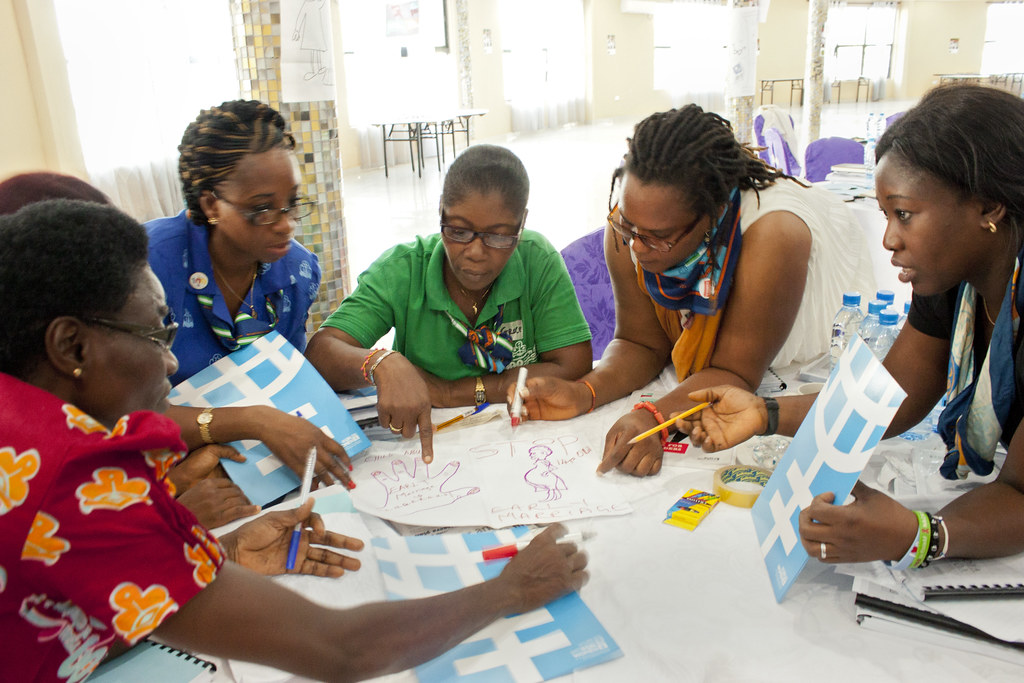Have you ever pondered the idea of using your unique experiences to help others navigate the road to recovery? Whether it's a personal journey through addiction you've conquered, or a heartfelt desire to assist, becoming a Certified Recovery Peer Advocate (CRPA) could be your calling.
In this article, we'll dive into what it means to be a CRPA, how to embark on the certified recovery peer advocate training, and the profound impact it can have on both your life and the lives of those you aid. Get ready to explore the paths available for how to become a recovery advocate and the transformative effect of lending a helping hand.
Exploring the Role of a Certified Recovery Peer Advocate
Imagine yourself in a role where your insights and empathy can directly influence someone's journey through recovery.

A Certified Recovery Peer Advocate (CRPA) steps into this remarkable position, bridging the gap between clinical support and the everyday lives of those battling addiction. This vital role isn't just about having lived experience; it's about using that experience to foster an environment of understanding, hope, and positive change.
CRPAs offer emotional support, share resources, and guide individuals through the complex web of recovery with the goal of achieving long-term wellness. The essence of being a CRPA lies in the power of connection, making you not just an advocate, but a beacon of hope for many who feel lost. As we untangle what it means to wear the badge of a CRPA, remember, it's about turning the trials of yesterday into the triumphs of tomorrow.
The Roadmap: Certified Recovery Peer Advocate Training
Embarking on the journey to become a CRPA involves thorough training designed to equip you with the knowledge and skills necessary for this influential role.
Certified Recovery Peer Advocate training provides a comprehensive curriculum covering key areas such as communication techniques, ethical considerations, and methods to support recovery and resilience. This training also focuses on understanding addiction, the recovery process, and how to effectively use your personal experience in a professional context.
Upon completion, you'll be prepared to navigate the challenges and triumphs faced by those in recovery. It's a commitment to learning and personal growth, ensuring that as a CRPA, you're not only knowledgeable but also compassionate and effective in your advocacy.
Step-by-Step Guide: How to Become a Recovery Advocate
So, you're considering the path to becoming a recovery advocate? Your journey begins with a clear commitment to supporting others and a readiness to learn. Firstly, identify a certified recovery peer advocate training program accredited by relevant health organizations.

Enrollment is your first practical step.
Throughout your training, you'll cover 500 hours of comprehensive, varied learning, including both academic knowledge and hands-on practice. Networking with professionals during this period can also offer invaluable insights.
After completing your training, the next step is to pass the certification exam. Successfully navigating these steps will not only earn you the CRPA designation but also open doors to making a meaningful difference in people's lives as a certified recovery advocate.
Deep Dive into CRPA 500-Hour Requirement
The pathway to becoming a Certified Recovery Peer Advocate is marked by a significant milestone: the 500-hour training requirement.
This rigorous aspect of the certification process ensures that candidates receive a well-rounded and immersive education in the field of recovery advocacy. The 500 hours are typically spread across various modules, encompassing theoretical learning, practical exercises, and direct client engagement.
This comprehensive training aims to arm future CRPAs with a deep understanding of addiction, recovery strategies, and the skills needed to effectively support individuals on their recovery journey. Additionally, it instills a strong ethical foundation and fosters the development of crucial interpersonal skills. Fulfilling these hours is more than just a certification criterion; it's an intensive preparation for the real-world challenges and rewards of being a recovery advocate.
Unlocking Opportunities: Certified Recovery Peer Advocate Online Training Program
In today's digital age, becoming a Certified Recovery Peer Advocate has become more accessible thanks to online training programs.
These online platforms offer flexibility and convenience, making it possible for aspiring CRPAs from various backgrounds and with differing schedules to participate. Certified Recovery Peer Advocate online training programs are designed to meet the same high standards as their in-person counterparts, ensuring comprehensive education and preparation.
Through virtual classrooms, interactive modules, and online support networks, participants can engage in the learning process, complete the required 500 hours, and prepare for the certification exam. This digital approach not only broadens the accessibility of CRPA training but also supports a diverse group of candidates in achieving their goal of becoming recovery advocates, regardless of their location.
The Ripple Effect: Impact of Being a Certified Recovery Peer Advocate

Stepping into the role of a Certified Recovery Peer Advocate brings with it a profound impact that extends far beyond the individual level. As a CRPA, you become a pivotal part of the recovery ecosystem, providing critical support that can substantially enhance the outlook of those undergoing recovery.
Your advocacy and guidance can help dismantle the barriers of stigma and isolation often faced by individuals with substance use disorders.
Moreover, the trust and rapport you build can empower them to make positive life changes, fostering resilience and advocating for their own journey towards wellness. On a broader scale, CRPAs contribute to a culture of understanding and acceptance, promoting health and recovery in communities. The ripple effect of your work as a CRPA not only transforms lives but also strengthens the fabric of society by bringing hope and healing to those in need.
